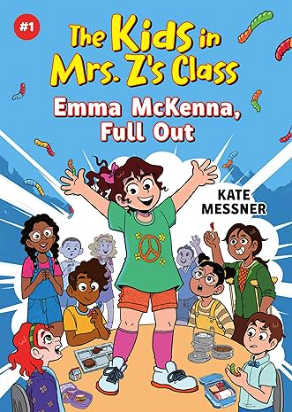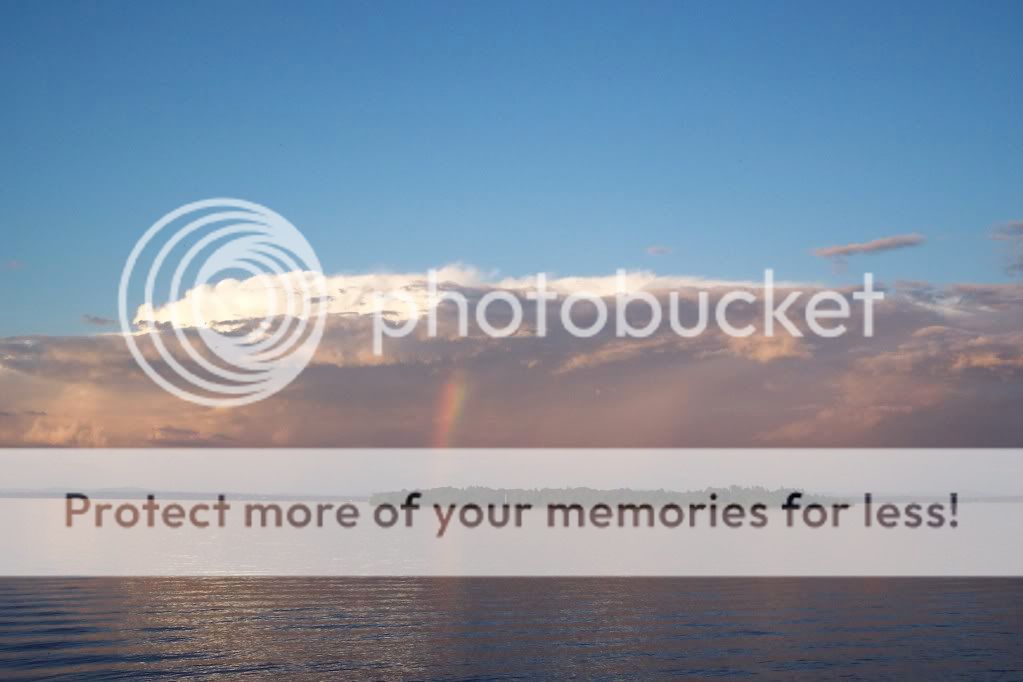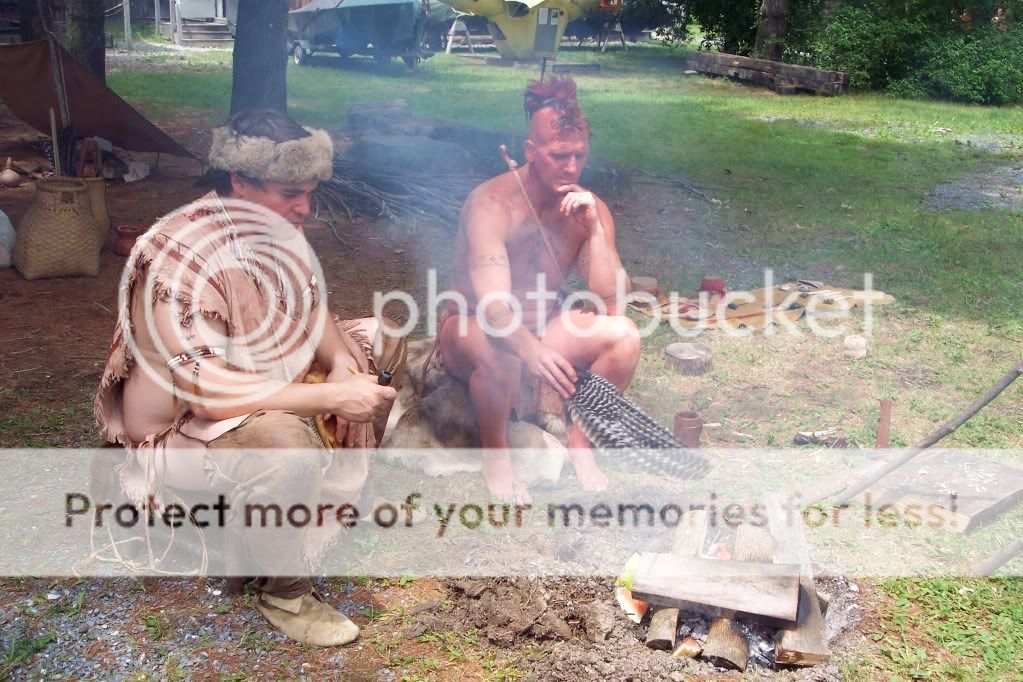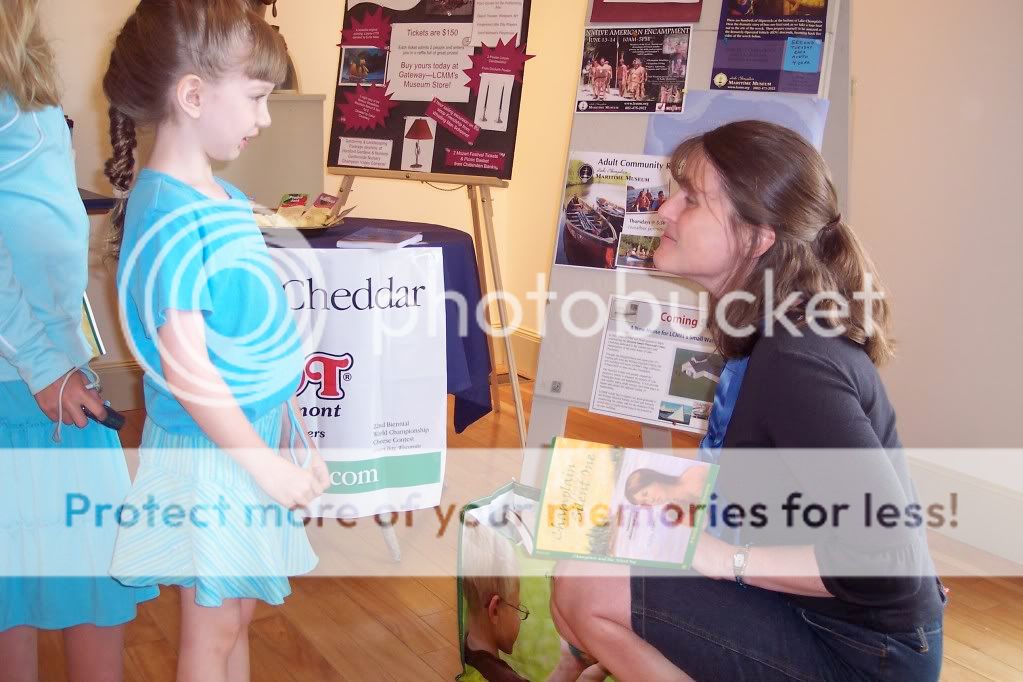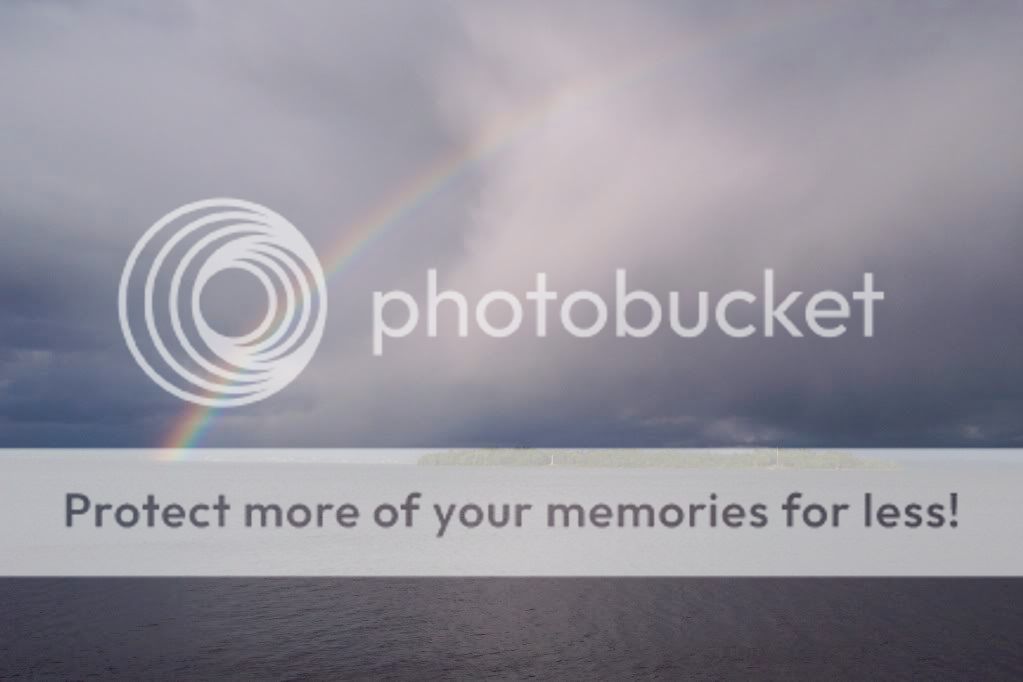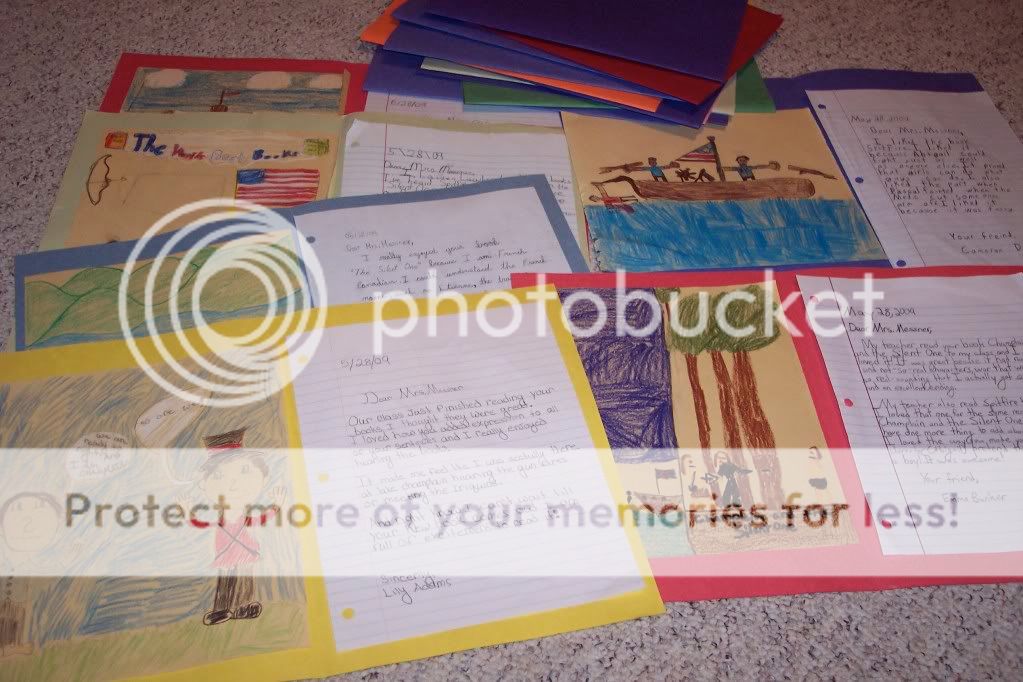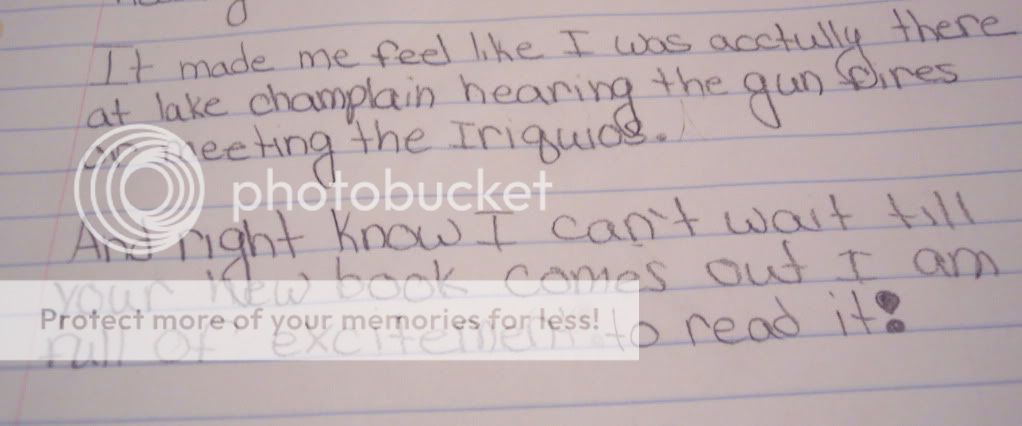I am a huge fan of reading. And a huge fan of summer.
But I am not a fan of Summer Reading Requirements for kids.
That’s not to say I don’t think kids should read in the summer time. I do. At my house, you’ll find us all settling in with our books & sweaty glasses of iced lemonade at about the same time every afternoon. So if that’s your idea of a summer reading program, then forget what I said about not being a fan. It’s that other kind of Summer Reading I’m talking about. The kind with capital letters and mandatory lists.
I’m a teacher, so I understand the reasons that some schools hand out lists of what has to be read over the summer months. They have to do with testing and accountability and achievement gaps and the list goes on and on. But I think there are much more compelling reasons for schools to keep their standardized noses out of kids’ summer reading.
- One-size-fits-all lists are a recipe for failure. Kids in the same grade read at wildly different reading levels, and handing them all the same book as required reading is like giving them all the same size sneakers, no matter how big their feet might be. There is no “perfect book” for seventh graders or for tenth graders or fifth graders. Not even the one that the teacher loves so much. The reality is that any one-size-fits-all book requirement is going to be too easy or too little for some kids, too much and too difficult for others. If our goal is to create readers, this is not the way to go about it.
- People have rights as readers. Think about it. You’re probably looking forward to some summer reading yourself, right? I’ll bet you have some titles in mind, and I’ll bet that some books will pop up over the next few months, too — books that your friends recommend or books you read about online. But wait…. On June 24th, someone gives you a list. “This is what you’ll be reading this summer,” they say. “Okay?”
No. Not okay. Not even if it’s a list of, say, twenty titles and I get to pick any five I want. Twenty titles? Out of all the books in the world? I get to choose from these twenty? Really?
- Summer is a time when our kids actually have the luxury of extra reading time, and if they’re passionate about what they’re reading, they can read for hours on end. We can’t do that in school (as much as it’s a lovely thought). But summer readers only show that kind of passion when they have choices. As teachers — and parents — we need to respect those choices.
I live in a fairly small community, and sometimes, parents approach me in the dentists’ office or the waiting room at ballet lessons to talk about concerns over their kids’ reading.
“I’ve been wanting to talk with you about Jane,” they’ll whisper, leaning forward as if they’re about to confess her addiction to heroin. “She reads those…those….Clique books. What should I do?”
“Get the rest of the series for her,” I’ll say. “The library has all of them.”
I’ve had this conversation more times than I can count, with slight variations. You can substitute graphic novels, Gossip Girls, R.L. Stine, Manga, or any number of books that kids love, that their parents have judged as less than literary. And sure…there’s an argument that those books are the crack of the reading world. But guess what? An addiction to reading is what we’re after here. And rabid, passionate reading can mean huge growth for kids’ literacy. I was reminded of that this week, grading my English final exam, a reflective essay in which students discuss their growth as readers. One student wrote:
I used to read mega-slow, and by mega, I mean ultra-mega slow. But then I picked up the Clique series and it’s like everything changed. I couldn’t put down that book at all. So I kept reading and then I noticed I was reading at least 60 pages in one class period.
That’s what we in the education world call fluency. And it’s an essential element of literacy — one that we can’t always develop as well as we’d like in the classroom because it takes time. Lots and lots of time reading books that kids love. Books that might or might not be on that Summer Reading list with the capital letters.
So what’s the alternative? If you don’t send home a list of classics and give a test in the fall, how will you know kids are reading? Well…you won’t. But the truth is that half of them aren’t reading that list of classics anyway, so there’s not all that much to lose by going with a more progressive summer reading model. Ask parents to commit to a daily reading time at home. Teach kids how to request the newest YA titles through inter-library loan. And if you really like lists, what about letting kids make their own, based on your suggestions and recommendations from classmates?
There are some great summer reading idea lists floating around – here’s one that Josie Leavitt over at ShelfTalker pulled together from reader suggestions after lamenting the state of summer reading lists. And here’s a list of recommendations from at Not-Your-Mother’s-Book-Club.
And one more…courtesy of my students. I love teacher Cindy Faughnan‘s end-of-the-year assignment and stole it last year to use with my own 7th graders. I use their suggestions of “The One Book to Read This Summer” to make a list of recommendations that I send home in their portfolios.
Here are their summer reading suggestions for one another:




